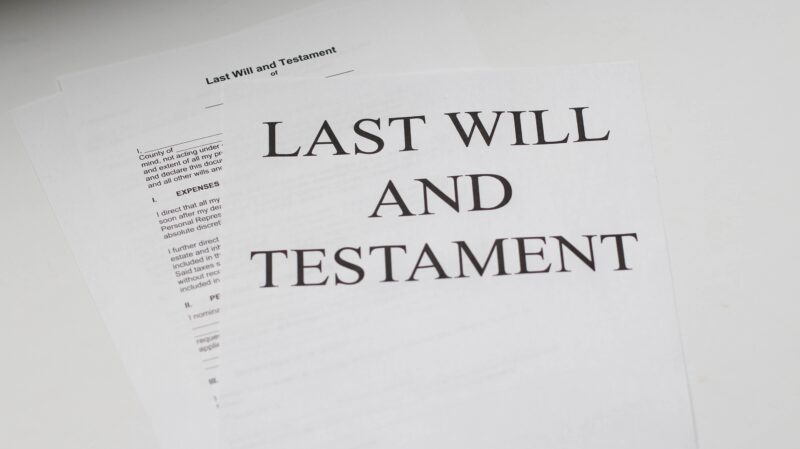Should I write my own will?
Why is it important to make a will?
Our society tends not to talk about death, as it’s an upsetting topic, which is probably why fewer than 4 in 10 adults had made a will, as of 2020. But death is a natural part of life and it impacts a lot of what we do. That’s why we’ve looked at what happens when a tenant dies and how you, the landlord, can handle this in the most sensitive way possible.
Home Emergency Insurance for £130
- ✓ Covered up to £1,000 per emergency
- ✓ £250 for overnight accomodation
- ✓ Call out, labour & parts included
We’ve also looked at what happens when a landlord dies and this is when a last will and testament is especially important. A will ensures that your wishes are made clear and acted upon, it also prevents any confusion when it comes to your estate.

When is the right time to make a will?
Just as there is no right time to take out life insurance, there is no set time to make a will. There is no requirement in the law that states that everyone over a certain age must have a will.
In order for a will to be legally binding, the person making it must be:
- 18 years old or over
- Making the will voluntarily and without pressure from another person
- Of sound mind
Apart from these legal requirements, there are a few points in your life when you might want to make a will, or update an existing one:
- When you buy a house. If it’s your first house, suddenly you have a huge investment on your hands and you’ll want to make sure that it goes where you want it to in the event of your death. This is especially important if you have bought with friends
- When you invest in buy-to-lets. If you are now investing in buy-to-lets, you should definitely have a will or update your existing one. You want to make sure that your tenants are well cared for in the event of your death and appointing an executor that you trust can give you peace of mind
- When you get married. Without a will, your spouse or civil partner will receive everything when you pass away. If you want to make specific bequests for other family members or friends, you’ll need to specify this in a will
- When you separate. If you informally separate from your spouse or civil partner, you will need to update your will. Without a will, your partner would inherit, even if you were separated. Only legally dissolving the partnership would prevent this from happening. If you already have a will, it’s wise to remember that a divorce doesn’t revoke it – your most recent will and testament will always stand, so if your wishes change, so should your will
- When you have children. Making sure your children are provided for in the event of your death is a key reason to make a will. If they are under age, you can ensure there is money for their future. If they are adults, you can divide your estate as you see fit, avoiding any arguing between siblings
How should I write my will?
You have two options when it comes to making a will:
- Getting a solicitor to do it
- Using a do-it-yourself kit (you can find these in some shops or online)
Technically, you don’t need a solicitor to write a will for you. If your wishes are straightforward, you could do it yourself. However, the more complicated your wishes, the more reason to use a solicitor, as any errors you make can create problems later.
Writing a will with a solicitor | Writing a will yourself |
You will need to pay, so make sure that you understand how much it will cost to write a will and how much any updates will be | You can write it yourself, completely free of charge |
You don’t have to worry about the complexity of the content | Complex, easy to make mistakes that could be costly later |
You can rest assured that your will is completely valid | You may not be aware of the formal requirements needed to make a will legally valid |
Thorough and reliable | You may miss something out |
You can ask for advice regarding the impact of children, partnerships etc. | You have no one to turn to for advice |
The more complex your circumstances, the more we recommend that you use a solicitor. If you share a property with someone who isn’t your legal partner, for example, or if you have several family members who may wish to make a claim, these are both reasons to involve a solicitor.